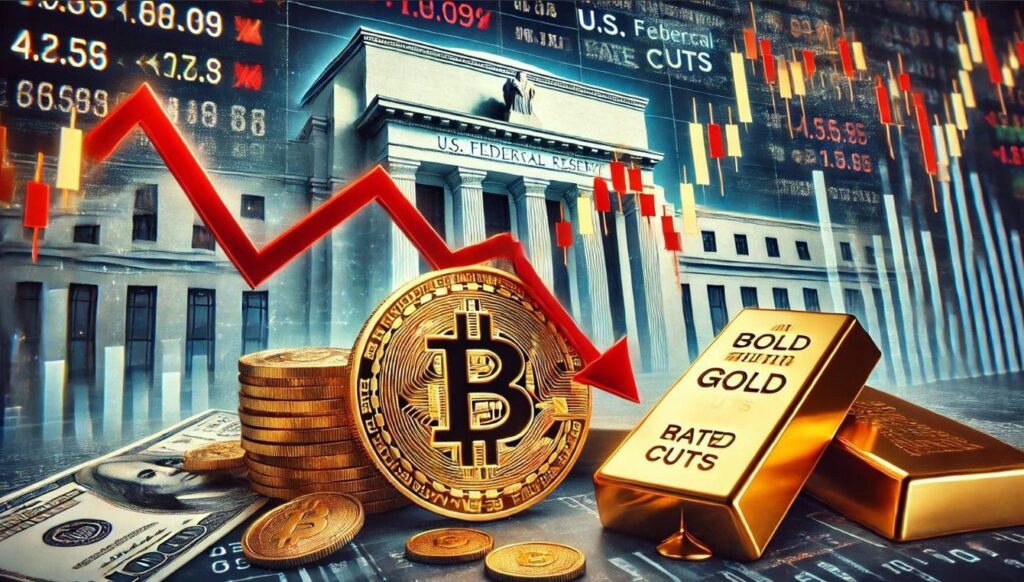Bitcoin’s price has surpassed the $89,000 mark, leaving many wondering why it has surged.
The surge has pushed the total cryptocurrency market capitalization to more than $3.1 trillion, surpassing the peaks reached during the pandemic and nearly equivalent to the GDP of major powers like Germany and China.
Bitcoin’s all-time high was recorded on November 12 when it reached $89,599 (equivalent to VND 2.27 billion). Since the beginning of the year, this digital currency has increased by 110%, outperforming many stocks and the price of gold. Let’s find out why this has changed.
Donald Trump’s change in perspective
The newly elected US president who once called cryptocurrencies a “scam” has had a significant change in his perspective. His policy has loosened regulations, in contrast to the restrictive policies of the US Securities and Exchange Commission (SEC) under the Joe Biden administration.
He has even hatched plans to establish a strategic reserve of Bitcoin and turn the US into a global cryptocurrency mining hub. The prospect has sparked a wave of speculative buying, affecting both large and small cryptocurrencies, including Elon Musk-backed Dogecoin, which has doubled in value.
Wall Street is also in the game
Financial giants are not left out, with BlackRock’s $39 billion Bitcoin fund recording record trading volumes on Monday. At CME Group, Bitcoin and Ether futures are hitting all-time highs, indicating strong participation from US investors. Many predict that Bitcoin could hit $100,000 by the end of 2024.
“Bitcoin has gone into supercharged mode,” said Chris Weston, director at Pepperstone Group. However, he also asked the unsettled traders: “Should we continue to watch this explosive move or wait for a technical pullback?” Meanwhile, Katie Stockton, an analyst at Fairlead Strategies, warned that a period of consolidation would be natural after such an explosion.
For now, investors do not seem too concerned about the speed of Donald Trump’s agenda or the feasibility of a strategic Bitcoin reserve. The lure of short-term gains is dominating their investment decisions.

